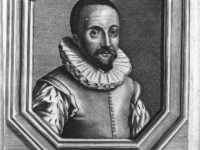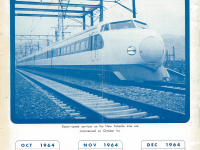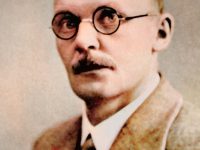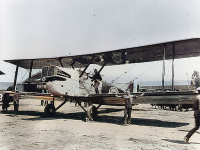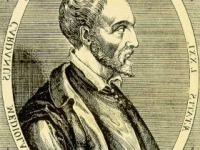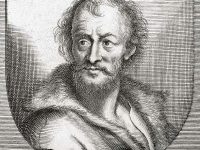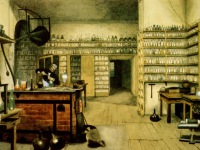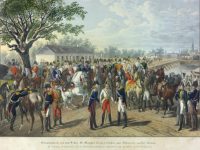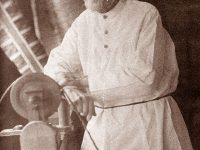Hans Lippershey and the Telescope
On October 2, 1608, German-Dutch lensmaker Hans Lippershey applied to the States-General of the Netherlands for a patent for his instrument “for seeing things far away as if they were nearby”. Telescope History Even though scientists of the middle ages never heard of telescopes and most of them did not know specific laws of optics, they started laying the foundations for telescopes as we know them today. Before the invention of the telescope…
Read more

